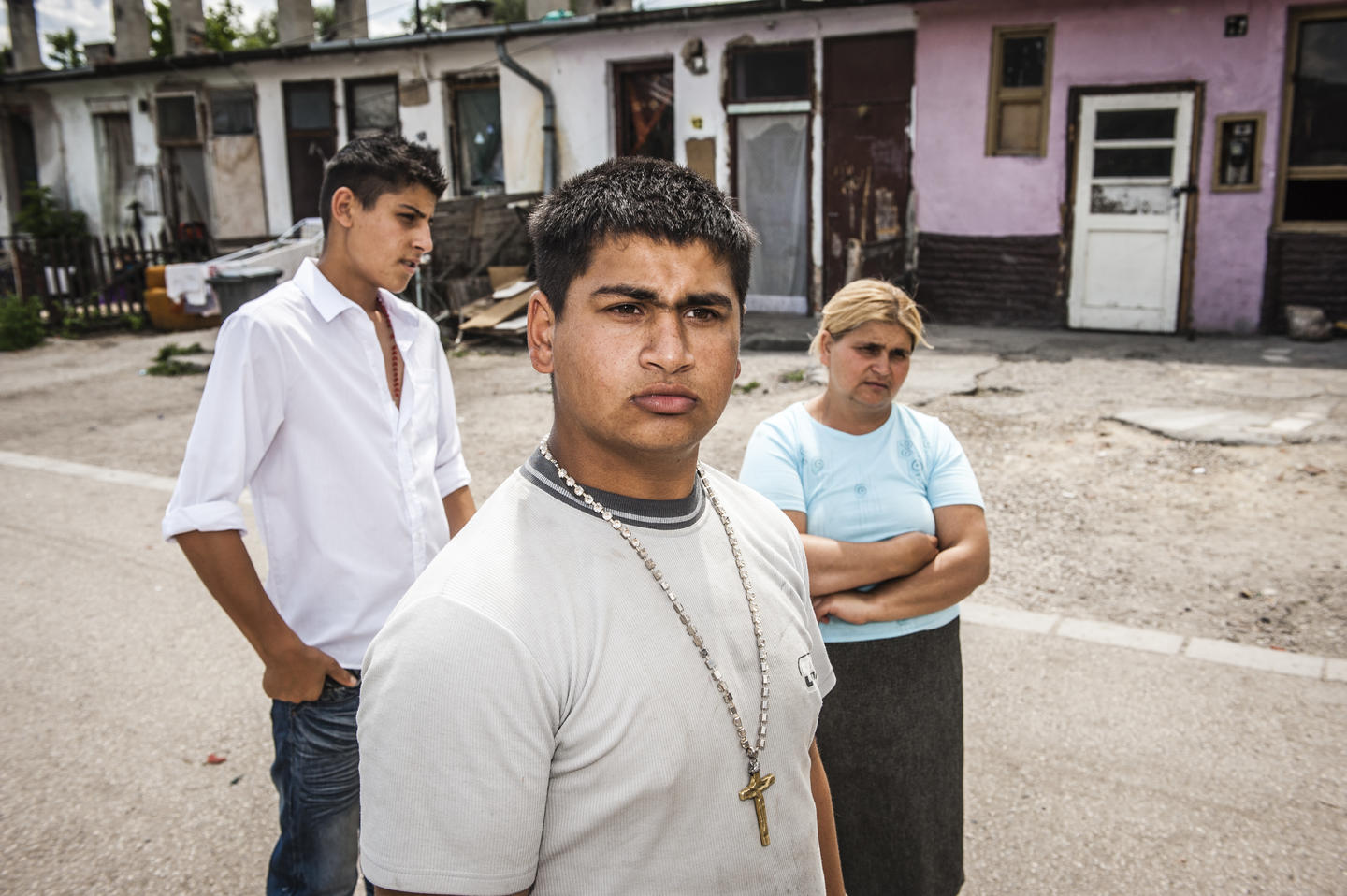The theme for this year’s day - ‘working together towards a world without discrimination’ – is a commitment right at the heart of the EEA and Norway Grants. The Grants contribute to tackling inequalities in Europe - both directly through programmes focused on combating social exclusion and indirectly through work in various other funding sectors.
Many of our beneficiary countries are deeply affected by continuing financial and economic concerns. At the same time there are worrying trends of rising inequality and intolerance, fuelled by the economic crisis. Per capita income is low, three in ten people are at risk of poverty and social exclusion, and more young people are without work than ever before. And it’s the most vulnerable - older people, young people, marginalised groups like the Roma, immigrants and women - who’ve felt the brunt of cuts in public spending .
Helping those who need it most
Thirty five of the EEA and Norway Grants programmes in the human and social development sector address poverty and social exclusion. Worth around €300 million in funding, the programmes cover areas like public health, gender equality, children and youth at risk and social inclusion.
For example, in Estonia, we are supporting a project to increase the quality and provision of mental health services for children. More and more children are suffering from mental health problems, which studies show are both a cause and consequence of social and economic inequality and exclusion. An innovative mental health centre for children at Tallinn Children’s Hospital is to be established as part of the project. This will serve as a both a training centre and a hub for the delivery of integrated mental health services.
Social justice and equality
But poverty is not only about material deprivation. It is also a human rights crisis - destitution is compounded by discrimination, corruption and inequalities. The economic climate has led to a rise in social tensions and inequalities, creating a fertile breeding ground for growing discrimination and intolerance. That’s why we concentrate so much of our effort on promoting fundamental rights, equality and good governance.
Worth almost €150 million, the NGO programmes are the biggest funding scheme for civil society in Central Europe. At least one third of this goes to support for initiatives promoting human rights, equality, anti-discrimination, social inclusion and fighting poverty. A specific focus is placed on Roma inclusion in several programmes.
Better access to training
For example, the NGO programme in Slovakia is providing funding for an education and training scheme for women and young people in a deprived part of rural Slovakia. According to research, joblessness is particularly high amongst these groups. Many women in the region have limited access to employment. The training will help women and young people venture into self-employment or start their own business.
In the Czech Republic, in response to rising levels of racism in particular against Roma, the Grants are supporting a nationwide media campaign against extremism and hate violence. Aimed at young people aged 15-25, the campaign will be broadcast on national TV and radio as well as online. The project will also support research into Roma migration and develop educational activities in schools.
Support for vulnerable victims
And in Romania, gender-based violence and human trafficking continue to be a massive scourge. Both involve the most horrific abuse of basic rights and exploitation of the vulnerable. Government bodies and NGOs lack the necessary resources to provide coordinated responses and protection for victims. The Norway Grants are providing €4 000 000 to improve support services and establish shelters. Efforts also include public awareness campaigns and training for police and health workers.
Empowerment as much as enrichment is crucial for escaping the poverty trap. Human rights, justice and equality sit squarely in the middle of the objectives of the Grants.
#EndPoverty
